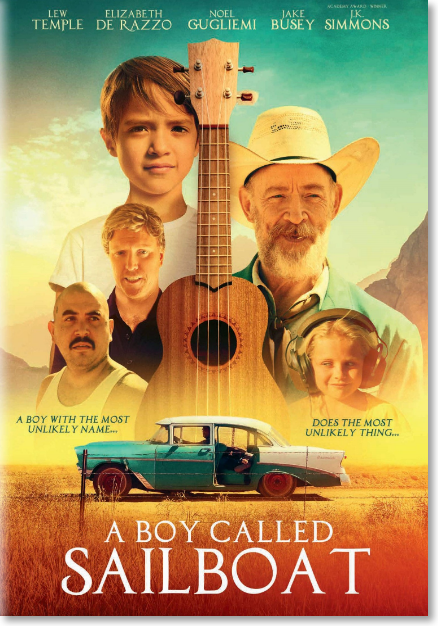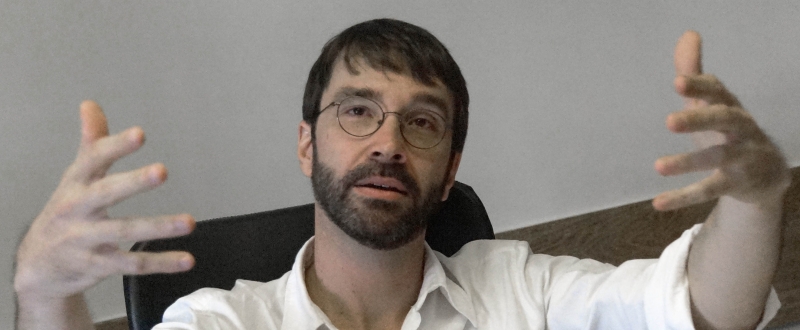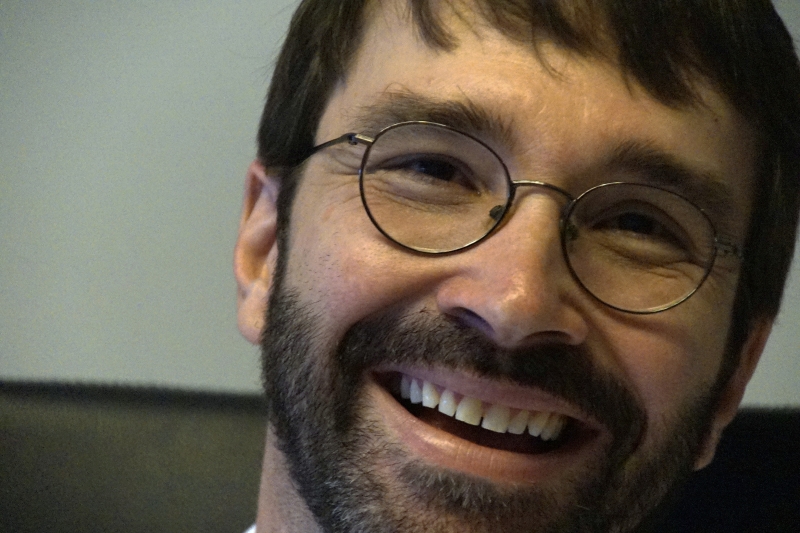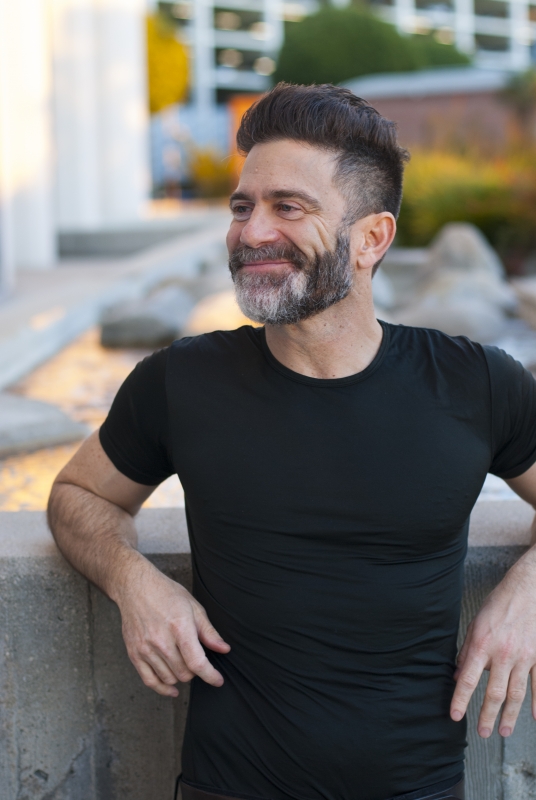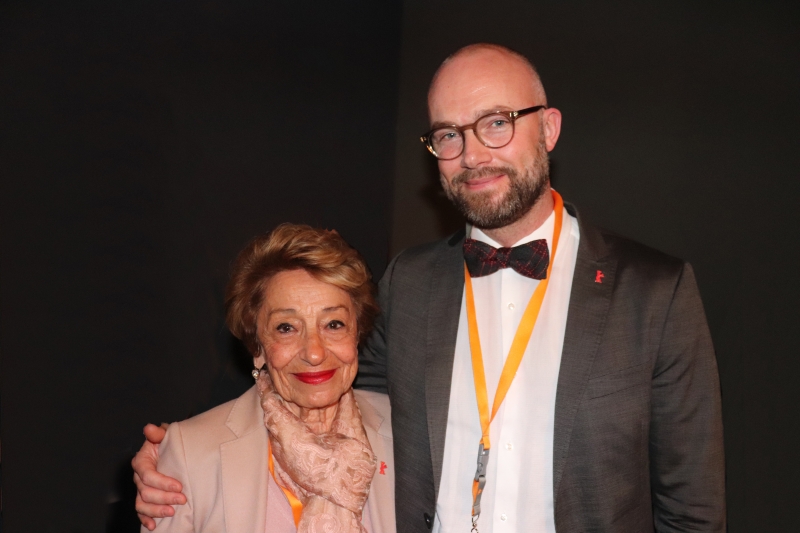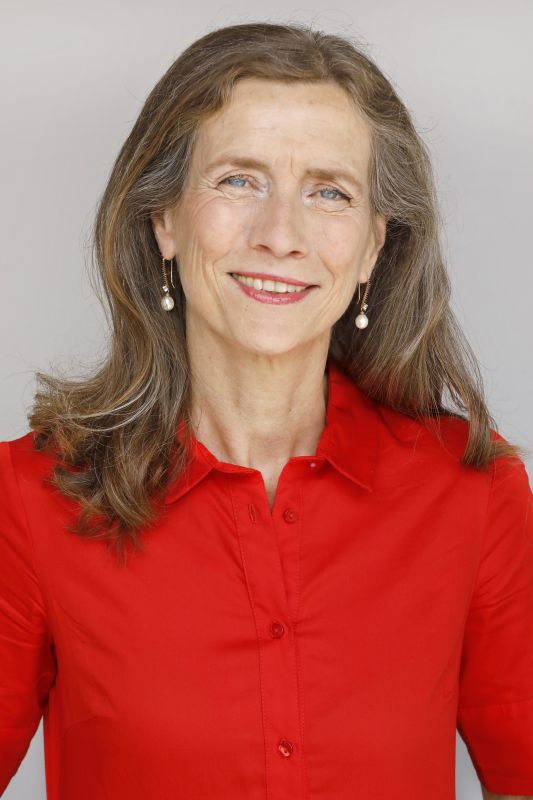|
|
||
|
Pro Tools
FILMFESTIVALS | 24/7 world wide coverageWelcome ! Enjoy the best of both worlds: Film & Festival News, exploring the best of the film festivals community. Launched in 1995, relentlessly connecting films to festivals, documenting and promoting festivals worldwide. Working on an upgrade soon. For collaboration, editorial contributions, or publicity, please send us an email here. User login |
The Berlinale 2015 Camera AwardsEvery year, by awarding the Berlinale Camera, the Berlinale pays tribute to personalities and institutions that have made a unique contribution to film and to whom the festival feels especially close. This way, the Berlinale expresses its gratitude to those who have become great friends and supporters of the festival.
At the 65th Berlin International Film Festival, director Marcel Ophüls, film historian and former director of the Moscow Film Museum Naum Kleiman as well as food activists and Slow Food founders Alice Waters and Carlo Petrini were awarded with the Berlinale Camera. MARCEL OPHÜLS Marcel Ophüls is one of the world’s most important contemporary filmmakers and chroniclers, and a proponent of critical remembrance. By the 1960s he had already made a name for himself as documentary filmmaker. He had started his career as television journalist and assistant director for John Huston, Julien Duvivier and his father, the famous theatre and film director, Max Ophüls. The presentation of the Berlinale Camera to Marcel Ophüls took place on February 11, 2015. Film critic Katja Nicodemus held the laudatory speech in honour of the recipient. Following the screening of The Memory of Justice (1976), there was a discussion moderated by Sandra Schulberg. In 1948 her father, Stuart Schulberg, made Nuremberg, the first documentary about the Nuremburg Trials. Sandra Schulberg was responsible for the restoration of the film in 2011. In addition to Marcel Ophüls, The Film Foundation’s Executive Director Margaret Bodde and Hamilton Fish, producer of The Memory of Justice, participated in the discussion. NAUM KLEIMAN
Dieter Kosslick, Naum Kleiman
Born in 1937 in Kishinev (now Moldova), film historian, author, lecturer and curator Naum Kleiman is one of the most important advocates of film culture in contemporary Russia. He was co-founder of the legendary Eisenstein Archives, and their director from 1967 to 1985. In 1989 he founded the Moscow Cinema Museum, the Musei Kino, whose director he became in 1992. In these years of upheaval, it was a place of great significance for Moscow and an entire generation of young Russian filmmakers. In 2005 the Cinema Museum lost its premises due to a property scandal and since then has only existed as an archive. From 2005 up into 2014, Naum Kleiman and his team fought for a new building. With unflagging commitment, they kept the “Cinema Museum in exile” alive by organising almost daily screenings in movie theatres and museums all over Moscow. In July 2014, the Russian culture minister replaced Kleiman with a pro-government director. In protest at how the new director was managing the museum, the entire staff resigned in October 2014. The presentation of the Berlinale Camera to Naum Kleiman took place on February 12, 2015. To celebrate the occasion, Tatiana Brandrup’s documentary Cinema: A Public Affair (2015) about Kleiman and events leading up to his dismissal were screened afterwards. ALICE WATERS & CARLO PETRINI Alice Waters, author, cook and “food revolutionary” (New York Times) named her legendary Berkeley restaurant “Chez Panisse” after Honoré Panisse, a character in Marcel Pagnol’s “Marseille trilogy” films. Alice Waters discovered European food culture during her studies in France. Upon returning to Berkeley she got involved in the political student movement and opened “Chez Panisse” in 1971. Numerous artists of all disciplines have since gathered there, especially filmmakers such as Wim Wenders, Jean-Luc Godard or Werner Herzog, who also staged a performance there in 1980. Other frequent guests are American film personalities such as Francis Ford Coppola and Jake Gyllenhaal, and opera director Peter Sellars. In 1995 Alice Waters began the Edible Schoolyard, a model public education programme in which the growing, harvesting, and cooking of food is integrated into the school curriculum, and students are brought into a new relationship to food. In the 20 years since the programme’s founding, like-minded edible education initiatives, kitchen classrooms, and school gardens have been founded around the world, including a vegetable garden established by Michelle Obama at the White House. Alice Waters has authored many books, including her classic cookbook “The Art of Simple Food,” which was translated into German in 2013 (published by Prestel).  Carlo Petrini is the founder of the Slow Food movement that began in the 1980s in northern Italy. Since its inception, it has protested against the increasing industrialisation of agriculture and the displacement of small restaurant and hotel businesses by fast food restaurants. Petrini defined the quality of food with his “good, clean, fair” formula: good taste, clean without pesticides and fair pay for producers. Numerous organisations grew from Slow Food, including the University of Gastronomic Sciences (UNISG) and the global network of non-industrial food producers Terra Madre. Carlo Petrini has authored a number of books, among them „Terra Madre – Forging a new Global Network of Sustainable Food Communities” for whose German edition Dieter Kosslick wrote a foreword. Petrini’s most recent publication is “Food & Freedom”.  The presentation of the Berlinale Camera to Alice Waters and Carlo Petrini toke place during theCulinary Cinema opening event on Sunday, February 8, 2015. The event began with a film screening at 7.30 pm in the cinema of the Martin Gropius Bau, and continued at the “Gropius Mirror” restaurant with a dinner and the presentation. Director of the Berlinale Dieter Kosslick held the laudatory speech in honour of the recipients.
15.02.2015 | Berlin's blog Cat. : AWARDS
|
LinksThe Bulletin Board > The Bulletin Board Blog Following News Interview with EFM (Berlin) Director
Interview with IFTA Chairman (AFM)
Interview with Cannes Marche du Film Director
Filmfestivals.com dailies live coverage from > Live from India
Useful links for the indies: > Big files transfer
+ SUBSCRIBE to the weekly Newsletter Deals+ Special offers and discounts from filmfestivals.com Selected fun offers
> Bonus Casino
User imagesAbout Berlin Chatelin Bruno Chatelin Bruno |


















